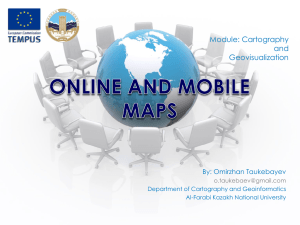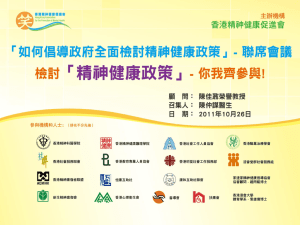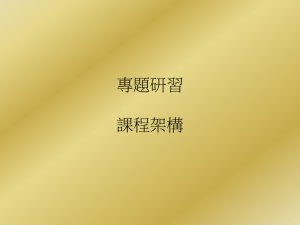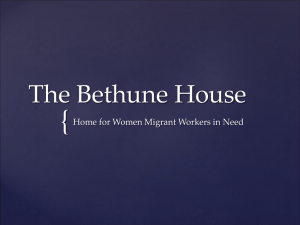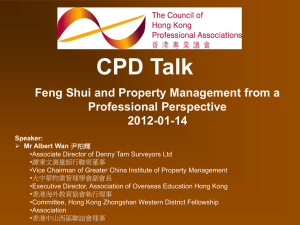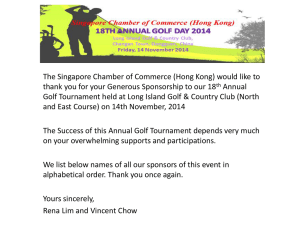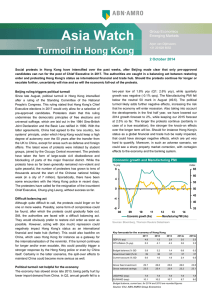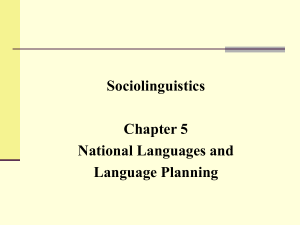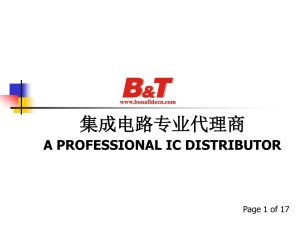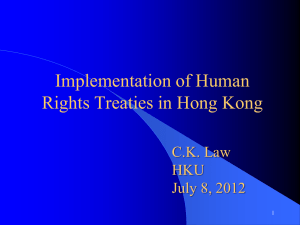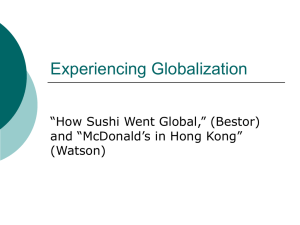Charles Ellzey
advertisement
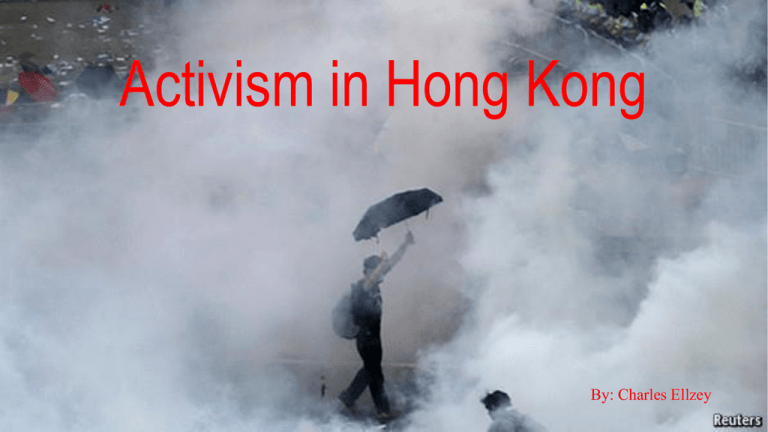
Activism in Hong Kong By: Charles Ellzey “One Country, Two Systems” • Constitutional principle created by Deng Xiaoping (Paramount Leader of People’s Republic of China) in 1980’s for reunification of China • Claims there in only one China, but distinct regions such as Hong Kong, Taiwan, and Macau could retain their own capitalist economic and political systems • Remainder of China to use Socialist system • Territories also deal with financial affairs on their own, have independent foreign relations, and Taiwan amasses its own private military force Hong Kong’s Current Electoral System • President Xi Jinping has made clear he will have nothing resembling full Western democracy within China’s borders. • Hong Kong Chief Executive candidates are screened by a committee stacked with Communist Party supporters. • The current election plan, put forward by the central government on August 31st, gives the central government an effective veto over nominees to ensure that Hong Kong remains firmly under its control. • Citizens of Hong Kong are willing and allowed by law to openly criticize the government unlike most of China Other Challenges to Electoral System (or changing it) • Until recently the best-known movement had been Occupy Central with Love and Peace, which is modelled on Occupy Wall Street and named after an important business district at the heart of Hong Kong. • The expectation of the Communist Party's supporters in Hong Kong, including the tycoons who have long run the territory, is that pragmatism will win the day over idealism. Many bankers and business executives feel there is no chance that China’s leaders will ever compromise; they view the protests as an irritant. Leung’s Aversion to Change • Mr Leung acknowledged that the plan may not have been the “ideal” that some wanted, but he called it progress nonetheless. • He said it had given Hong Kong citizens the “universal suffrage” they had been promised. • Mr Leung said he welcomed “rational” dialogue but that the government would be “resolute” in dealing with the “unlawful” demonstrations. • Asked whether the Chinese army would ever be used, Mr Leung expressed his confidence in the police. • The tear gas canisters began flying shortly afterward, surprising protesters who exclaimed variations of “are you kidding?” and “shame on you”. Many donned goggles and unfurled umbrellas to protect themselves against the gas, while some raised their hands and yelled, “don’t shoot”. • The protests did not become violent, but they grew and spread to other areas. The calls for Mr Leung's resignation became louder as peaceful protests were met by forceful police action in attempts to stifle public opinion. September th 28 and 29th • Tens of thousands of demonstrators surrounded government offices and filled major thoroughfares around Hong Kong, braving rounds of tear gas from riot police to • The protesters’ main demand is that the people of Hong Kong be allowed to vote for any candidate of their choosing in elections for the post of chief executive in 2017 • They seek democracy and demand the resignation of Leung Chunying, the territory's Beijing-backed chief executive • http://youtu.be/GZ7r8qi3NIY?t=1m33s Participants • The biggest drivers of these protests have been university students and secondary school students, thousands of whom boycotted classes last week. • On the evening of September 26th the leader of the secondary school students, 17-year-old Joshua Wong of Scholarism, was arrested; • This arrest, along with the use of pepper spray by police, was credited with swelling the popularity of the protests over the weekend • Mr Wong was released on Sunday Backlash • Censors on the mainland have worked hard to block the spread of news and images from Hong Kong. At some point during the protests Chinese authorities seem to have blocked access to Instagram. • The possibility looms of a more severe use of force. A two-day Hong Kong holiday this week, on October 1st and 2nd, to observe national day, may bring some answers either way. Organizers expect more people to join the protests. Worryingly for the government, that could include tourists travelling from the mainland, where the holiday is also observed. The risk of Hong Kong's unrest spilling over into mainland China may continue to rise Works Cited • The Economist: http://www.economist.com/blogs/analects/2014/09/hong-kongsprotests • www.wordtravels.com: http://www.wordtravels.com/Travelguide/Countries/China/Map • www.china.org.cn: http://www.china.org.cn/english/features/china/203730.htm • www.clikcondetroit.com: http://www.clickondetroit.com/news/hongkong-youth-prepare-to-resist-china/28291598

